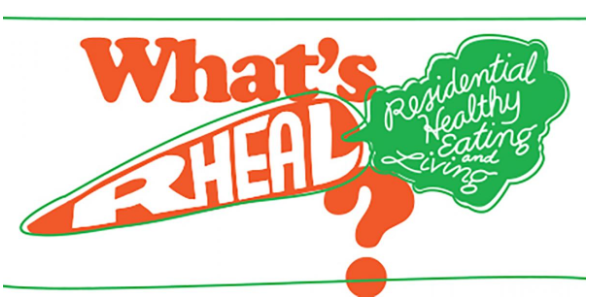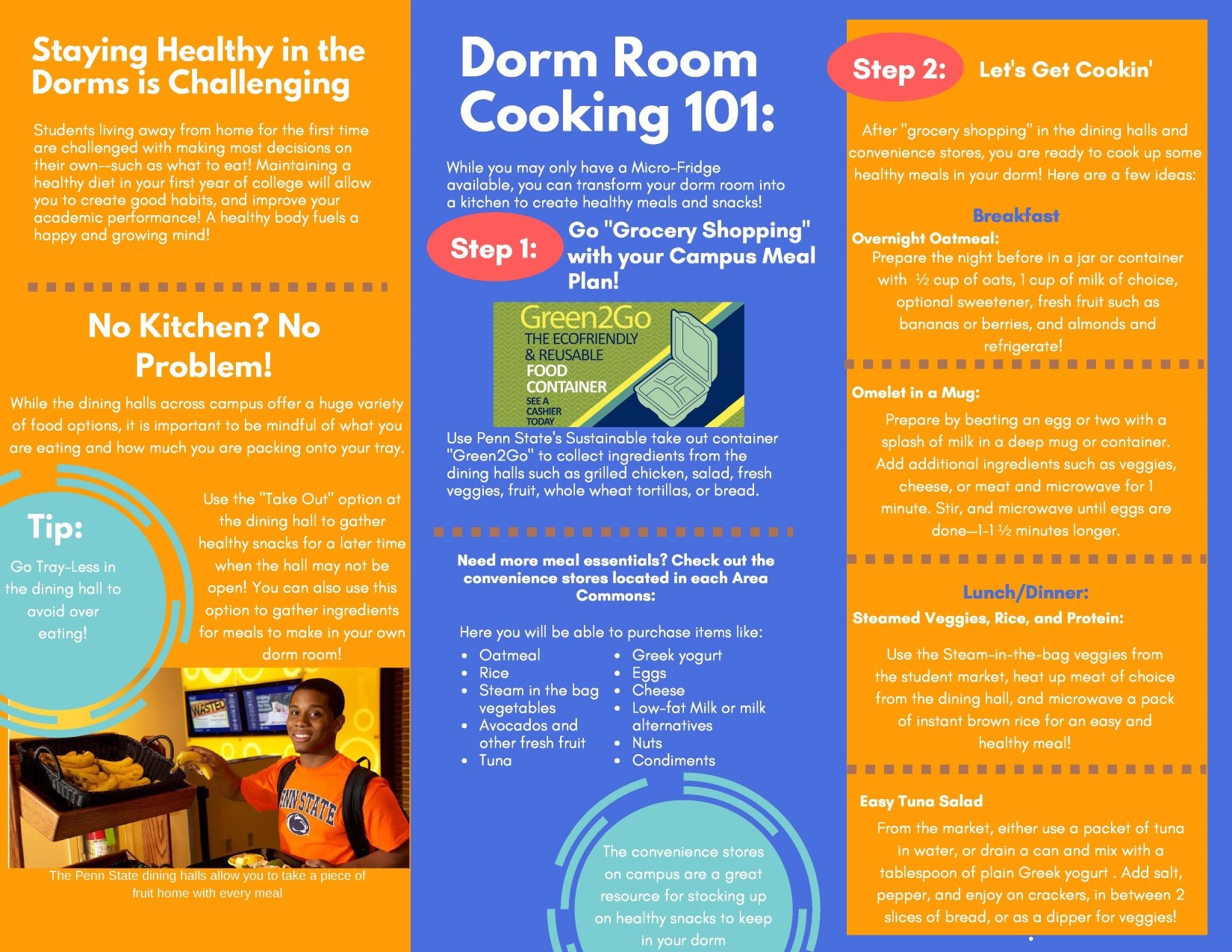In association with Penn State’s Coming Out Week, Transportation Services, in partnership with the LGBTQA Student Resource Center, the Gender Equity Center, and Health Promotion and Wellness, is sponsoring a free bike safety workshop for women and the LGBTQA community on Tuesday, Oct. 10 from 3 p.m. to 5 p.m. The workshop will be held at 117 Weston Community Center at Penn State’s White Course Apartments.
Open to students, faculty and staff, as well as local community members (ages 18 and older), this workshop will teach participants the rules of the road and bike safety skills in a safe and inclusive environment. The workshop will also include an outdoor portion where participants will apply what they’ve learned on a beginner-friendly practice course at the Brown 11 parking lot. All participants must bring a bike and helmet to participate.
Following completion of the program, all participants will receive a free pair of Penn State bike lights.
For more information or to RSVP for the event, please email biking@psu.edu. Spaces are limited and RSVPs must be received by noon on Tuesday, Oct. 10. More information on Penn State’s Coming Out Week events can be found via the link below:
https://goo.gl/73kj3G


